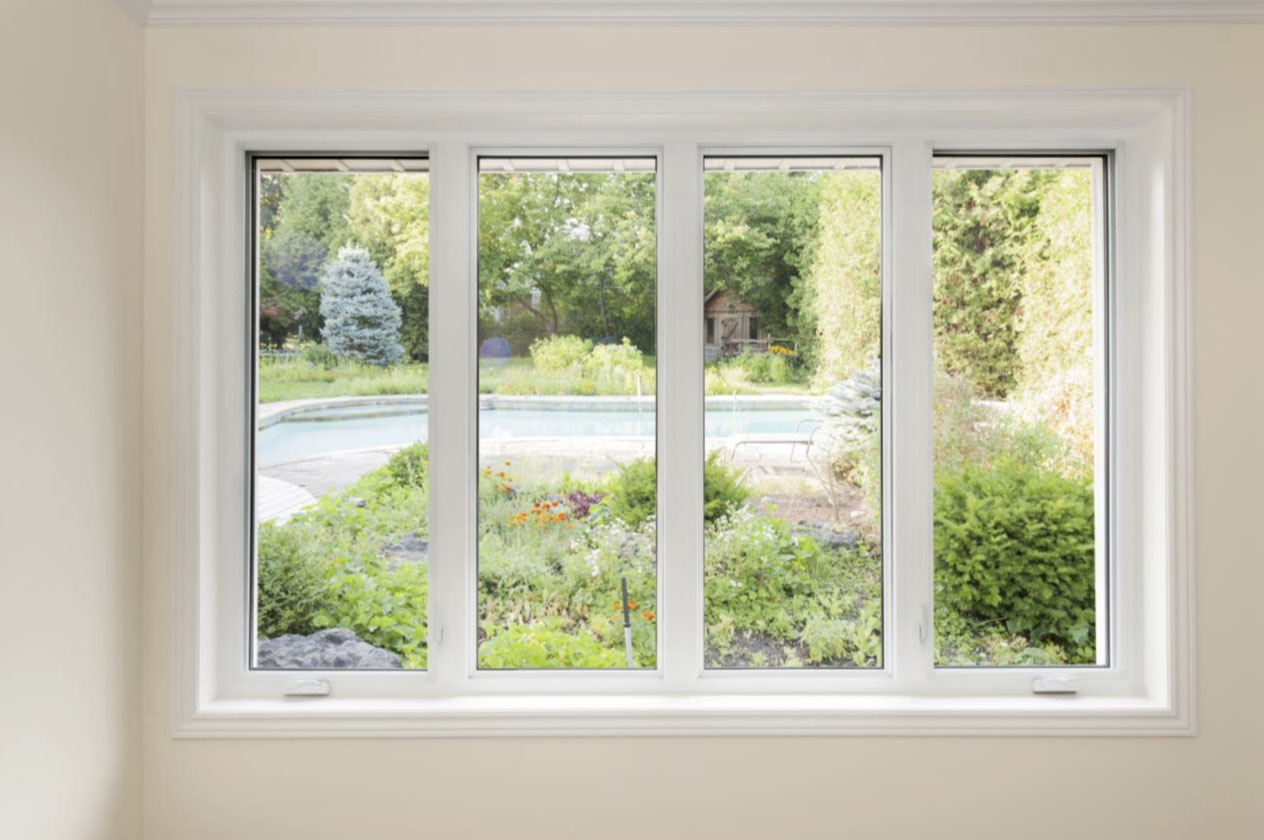
Every year, 1.35 million people die on the roads. That’s why safe driving is always being prioritized. When it comes to road safety, apps have proven to be invaluable tools, empowering drivers to adopt responsible behaviors and enhancing the overall driving experience.
From preventing distracted driving to providing real-time traffic updates, monitoring driver behavior, and offering emergency assistance, safe driving apps have the potential to significantly improve road safety. Find out more about how they can make you a safer diver below.
Distracted Driving Prevention
One of the most prevalent causes of accidents is distracted driving, particularly due to smartphone use. Fortunately, several apps aim to combat this dangerous behavior. They achieve this by limiting or blocking certain functions on smartphones while driving.
For example, some apps can automatically activate a “do not disturb” feature. They do this when they detect that a vehicle is in motion.
This feature can disable incoming notifications. It blocks access to texting and social media apps. This encourages drivers to focus solely on the road.
Some apps even provide automated responses to incoming messages. They inform senders that the recipient is currently driving.
By reducing distractions, these apps contribute to a safer driving experience. They help drivers resist the temptation to use their smartphones.
Navigation and Real-Time Traffic Updates
Navigation apps have become an essential tool for drivers. They offer turn-by-turn directions, alternate routes, and real-time traffic updates.
These apps use GPS technology to find the user’s location. They then provide accurate directions to where the driver wants to go.
Navigation apps also incorporate real-time traffic data. This helps drivers make informed decisions about their routes. These apps enable them to choose alternative routes and avoid potential delays.
The ability to access real-time traffic updates helps drivers stay informed. As a result, they make safer decisions on the road. This reduces frustration and the likelihood of engaging in risky maneuvers.
For example, if you know you’re coming up to an accident, you can slow down and put your hazard lights on to warn cars behind you. This reduces the risk of you or someone else approaching the accident too fast and causing a second collision.
Speed Limit Notifications and Alerts
Maintaining appropriate speed limits is crucial for road safety. Speeding increases the risk of accidents. It also reduces the driver’s ability to react to unexpected situations.
Some apps come with speed limit notifications and alerts. They use GPS data to monitor the vehicle’s speed.
They can then provide warnings when exceeding the designated limit. These reminders help drivers stay within legal speed limits. This leads to improved road safety.
Some apps also provide audio or visual alerts when drivers exceed a certain threshold above the speed limit. They encourage them to slow down and adhere to the posted limits.
By promoting compliance with speed regulations, these apps contribute to safer road conditions. They reduce the likelihood of accidents caused by excessive speeding.
Apps won’t share your speeding information with authorities. However, if you’re involved in an accident, any app you use for driving may be checked to find out more information about the collision.
Driver Behavior Monitoring
Certain apps track and analyze driver behavior. By using sensors within the smartphone, these apps collect driving data. For example, acceleration, braking patterns, and driving habits.
Through data analysis, the apps highlight areas for improvement and encourage safer practices. For example, if an app detects frequent hard braking, it can offer suggestions on how to improve.
Some apps also offer coaching features. These provide real-time feedback during driving sessions to help drivers change their habits. By following these tips, you can become a safer driver and be less of a danger to yourself and other road users.
This self-monitoring approach helps drivers become more aware. They can then make any changes they feel they need. It’s also very gratifying to see your score or point level improve because you’ve made the changes to become a safer driver!
Emergency Assistance and Crash Detection
In the event of an accident, apps with crash detection capabilities can be lifesaving. These apps utilize sensors within smartphones. For example, they use accelerometers and gyroscopes.
These detect sudden impacts or changes in velocity that may indicate a collision.
The app automatically sends an alert to emergency authorities if it detects an impact. It can provide them with the driver’s location. It can also provide information about the accident, such as speed.
Some apps also offer features like automatic crash detection and emergency response activation. They provide critical information about the crash to assist responders.
These capabilities ensure swift response times. They aid in prompt medical attention during critical situations. This reduces the risk of severe injury and fatalities.
Gamification for Safe Driving
To incentivize safe driving behaviors, some apps use gamification techniques. They reward drivers for practicing safe habits. They help track speeds, monitor sudden braking, and stay within lanes.
These apps often give points to users based on their safe driving practices. This fosters a sense of competition, encouraging responsible behavior behind the wheel.
Some apps even offer virtual rewards or allow users to compete with friends. This creates a social aspect of safe driving.
By introducing gamification elements, these apps make safe driving engaging and enjoyable. Drivers stay motivated and maintain good habits and reinforce positive behaviors over time.
Cheaper Insurance Options
Some insurers offer safe driving apps when you insure your car with them. When you use these on the road, they record your driving and update your insurance agency.
Some will reduce your insurance cost by having a good score on their app. This tells them you’re a safe driver, less likely to cause a collision due to distractions.
These apps are useful for younger drivers who have high insurance rates. They can reduce costs significantly while also teaching younger drivers how to be responsible on the road.
Understanding Distracted Driving
Distracted driving encompasses any activity that diverts a driver’s attention from the road. Distractions can take various forms, including visual and manual. It may also cover cognitive distractions.
Common examples include texting and talking on the phone. Eating or drinking can also be a distraction. Using in-vehicle tech and chatting with passengers is also distracting.
State Laws on Distracted Driving
Distracted driving laws in the US are primarily enforced at the state level. This results in variations across different jurisdictions.
While the specifics may differ, most states know the dangers of distracted driving. They have implemented legislation to combat it.
The laws generally fall into two categories: primary enforcement and secondary enforcement. Primary enforcement allows. officers to pull drivers over for distracted driving. They can do this even if no other traffic offense has occurred.
States with secondary enforcement laws require officers to have an additional reason. For example, if a driver is speeding.
Types of Distracted Driving Laws
Many states have laws that prohibit drivers from using handheld devices while driving. These laws include making phone calls, texting, and emailing. Hands-free devices are often allowed, provided they don’t interfere with safe driving.
In several states, specific restrictions apply to novice drivers. For example, those with a learner’s permit or bus drivers. These restrictions often include a complete ban on handheld device use while driving.
Bus drivers have a responsibility to keep their passengers face. That’s why a complete ban is necessary for them.
Consequences of Violating Distracted Driving Laws
Penalties for violating distracted driving laws vary by state. They can include fines, penalty points, and license suspension. They may also include driver improvement courses and jail time in severe cases.
Repeated offenses often result in steeper penalties. If a driver has too many penalties, they may lose their license. This is because they are unfit to drive.
Moreover, distracted driving violations can have broader implications beyond legal consequences. They can lead to an increased risk of accidents, injuries, and fatalities. Distracted driving compromises the driver’s safety and the safety of other road users.
Promoting Awareness and Education
Many campaigns exist to raise awareness about the risks of distracted driving. These efforts aim to inform the public, about the dangers of distracted driving. They promote responsible behavior on the road.
Some organizations have developed tools and features to combat distracted driving. These include smartphone apps that block certain functions while driving. They also include in-vehicle systems that restrict device usage
Advanced driver-assistance technologies also exist that detect distractions and provide alerts.
Is Texting and Driving Illegal?
The advent of smartphones has revolutionized the way people stay connected with others. But, this advancement has also brought about several concerns in terms of road safety.
One of the most prominent issues is the act of texting and driving. This poses a significant risk to both drivers and pedestrians.
In the United States, the dangers associated with texting and driving have prompted legislation to address this issue. That’s why it’s illegal in many states.
By searching for a “local accident attorney near me,” you can find out more information about texting and driving and your legal rights. Feel free to contact an attorney even if you just have questions about safe driving apps or your legal responsibilities on the road.
Legal Framework
Across the United States, laws about texting and driving vary from state to state. Many states have enacted legislation to prohibit or restrict texting while driving.
Laws change over time, so it’s vital to check the most recent legislation in your specific state. Driving apps can provide. updates on driver laws. depending on which state you’re in.
Illegal Acts and Restrictions
Texting and driving laws focus on composing, sending, or reading texts while driving. These laws usually encompass various forms of digital communication. They can include text messages, emails, instant messages, and social media interactions.
However, there’s no need to worry about using driving apps in terms of the law. Turn on the app before you drive so you don’t have to use your phone during your journey. You should avoid pressing in-app buttons while actively on the road.
Some states have adopted a complete ban on handheld device use while driving. Drivers must use hands-free technology to operate their devices if they wish to communicate while on the road.
Penalties and Consequences
Driving apps are often full of information about the penalties you could face for distracted driving. Penalties for texting and driving violations also vary across states. However, they generally involve fines or license suspensions.
Moreover, the consequences of texting and driving extend beyond legal ramifications. Engaging in this dangerous practice increases the risk of accidents, injuries, and fatalities.
Distracted driving, including texting while behind the wheel, is a leading cause of road accidents. The impacts can be devastating for everyone involved.
If you use an safe driving app, it may record your phone usage during a journey. If you have an accident that is a result of using your phone while driving, you may face legal consequences.
Safe Driving Apps Make You a Better Driver
As technology continues to advance, it is essential to leverage the power of mobile apps to enhance road safety. The promotion of responsible driving must be encouraged through safe driving apps. With features designed to prevent distracted driving these apps play a crucial role in creating a safer driving environment.
By incorporating these apps into our driving routines and embracing their potential, road safety is improved and fewer accidents occur.
If you liked this article, make sure to check out others similar to it on our homepage.






















Be the 1st to Comment